
The Best Soft Skills Tips from a HR expert
Acquire these important skills now for a better tomorrow.
Information to help you and your family live long, happy and healthy lives
Also called: 2019-nCov, 2019 Novel Coronavirus
Coronaviruses (Latin. Corona = “wreath, crown”, from characteristic club-shaped spikes that project from their surface) are a large family of viruses which may cause illness in animals or humans. In humans, several coronaviruses are known to cause respiratory infections ranging from the common cold to more severe diseases such as Middle East Respiratory Syndrome (MERS) and Severe Acute Respiratory Syndrome (SARS).
The most recently discovered coronavirus causes the coronavirus disease, COVID-19, an illness that can affect your lungs and airways. The COVID-19 virus spreads primarily through droplets of saliva (spit) or discharge from the nose when an infected person speaks, coughs or sneezes.
Most people infected with the COVID-19 virus will experience mild to moderate respiratory illness and recover without requiring special treatment. The most common symptoms of COVID-19 are fever, dry cough, and tiredness. Some patients may have aches and pains, nasal congestion, sore throat or diarrhea. These symptoms are usually mild and begin gradually. Some people become infected but only have very mild symptoms.
However, anyone can catch COVID-19 and become seriously ill. Even people with very mild symptoms of COVID-19 can transmit the virus. People of all ages who experience fever, cough and difficulty breathing should seek immediate medical attention.
As with other respiratory infections like the flu or the common cold, public health measures are critical to slow the spread of illnesses. Public health measures are everyday preventive actions that include:
To date, there is no vaccine and no specific antiviral medicines against COVID-19. Mild symptoms can usually be treated at home. If your symptoms are severe, medical care may be needed until you recover. However, people with serious illness may need to be hospitalized so that they can receive life-saving treatment for complications. Most patients recover thanks to such care.
Possible vaccines and some specific drug treatments are currently being explored. They are being tested through clinical trials in many countries, and global organizations, such as the WHO, are coordinating efforts to develop vaccines and medicines to prevent and treat COVID-19.

Acquire these important skills now for a better tomorrow.

The purpose of sex education is to protect adolescent students from sexually transmitted diseases (STDs), sexual harassment and other negative effects that might exert on their personal lives or future learning.

Tips from an HR expert for a better job interview experience.

Doesn’t everyone want to be happy? You’d think so, but some people have a psychological fear of happiness. Just one of the world’s strange diseases…

Learn to differentiate between a hobby gamer and an addicted gamer.
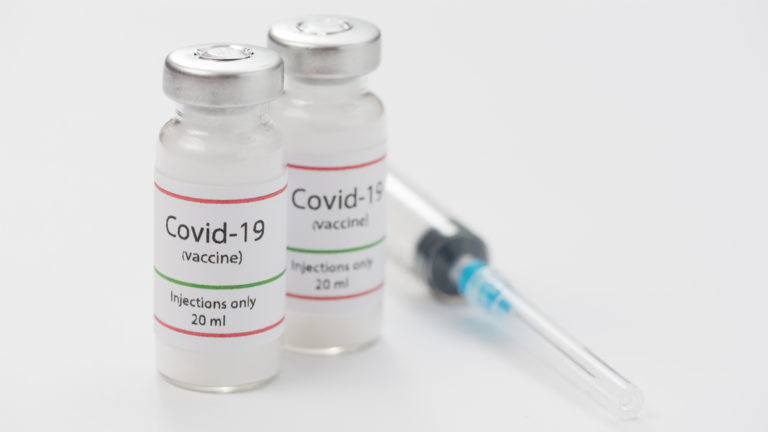
When will we have a vaccine for Covid-19?
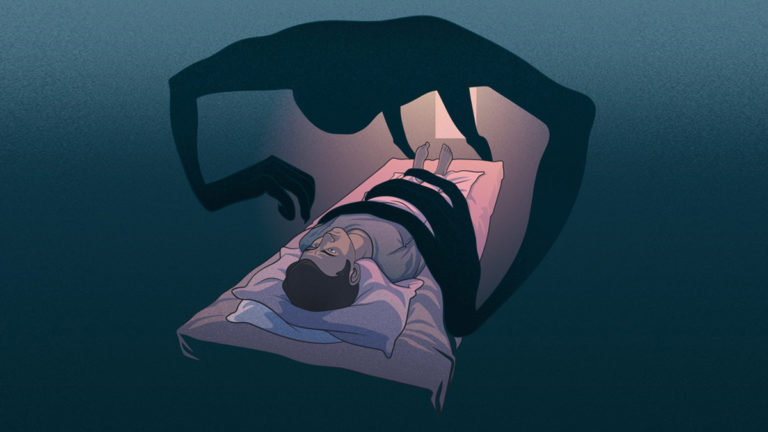
Sleep paralysis can be scary, but there are ways to manage it and break the spell.

Learn the best ways to stand out in the application process and impress HR.

Understanding the cycling trend in Phnom Penh and its health benefits.
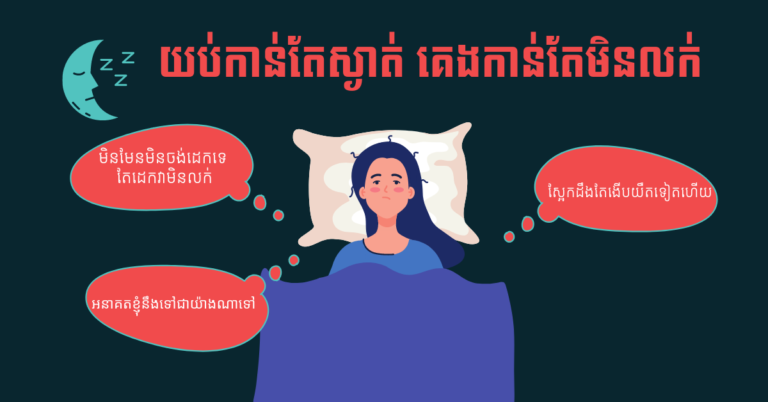
Why do I have trouble falling asleep? And why do I wake up so early?
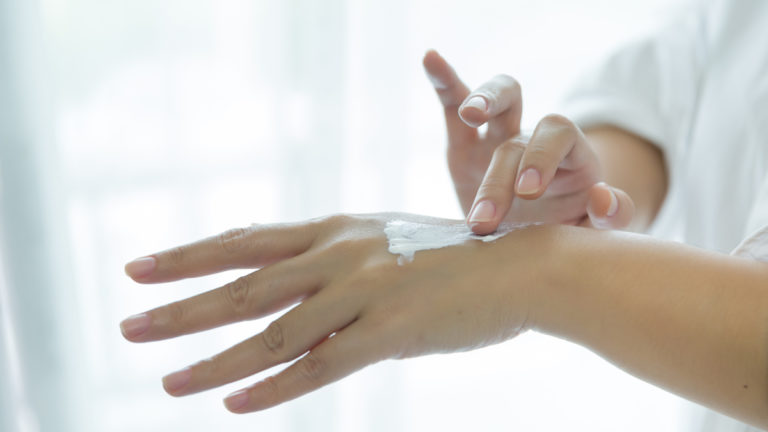
Whitening products might be able to whiten skin complexion, yet they can have negative impacts on your overall health.
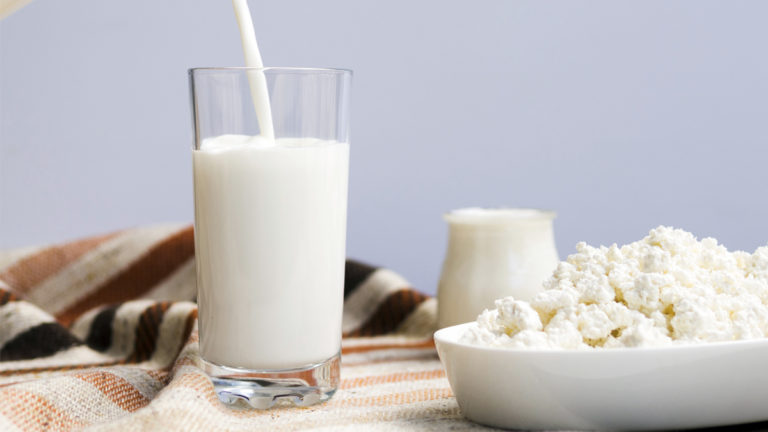
A chemical substance found in milk might make you feel unwell, but there are steps you can take.
